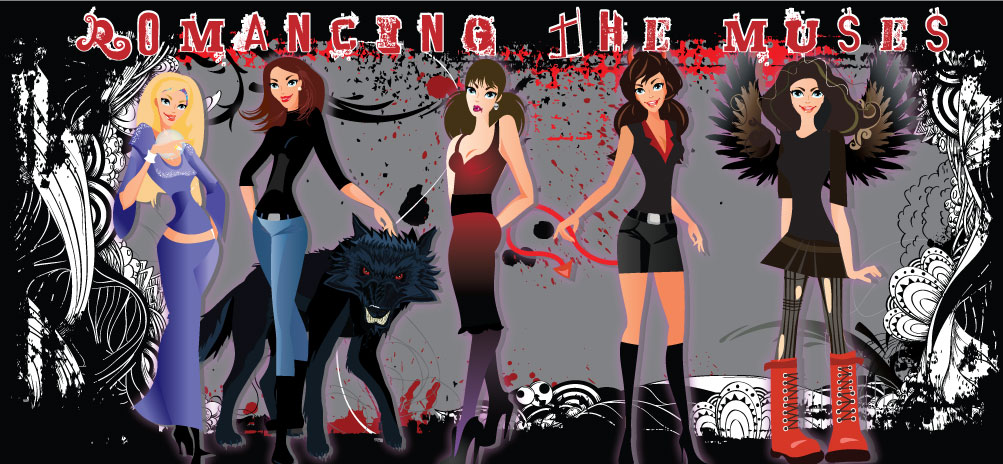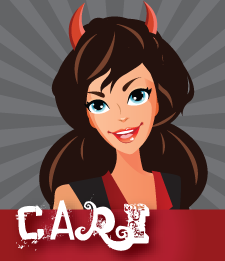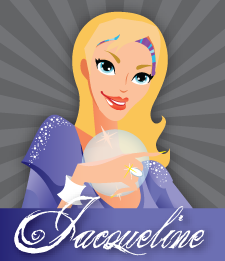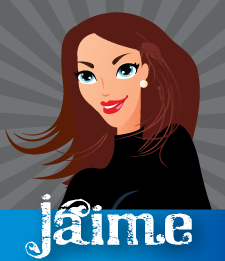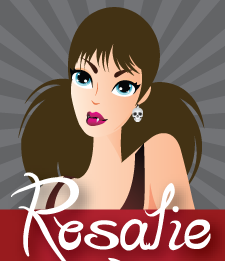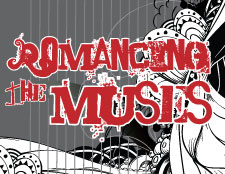I actually don’t remember the first time Mary and I became acquainted. After all, I’ve done my best to avoid her and her friend Gary as long as I’ve been aware of them. Yet Mary and Gary are heavily present in all forms of media, therefore ignoring them is often not as easy as it seems. You might have encountered Mary in a book—disguised as Bella Swan, perhaps?—or seen Gary on Star Trek in the form of Wesley Crusher. At any rate, Mary and Gary might assume pleasing forms, but they are the laziest bunch of characters to write, and likewise, not very interesting to read.
You might be asking yourself, who exactly is this Mary? Why is she so boring? Why should I avoid her like a pit of starved rabid wolverines? Most of you already know the answer.
This is
Mary:
- Manners are “idealized” or “hackneyed”
- Lacking noteworthy flaws
- Primarily functioning as wish-fulfillment
Other mannerisms are likely to include:
- Popular for no reason
- Everyone’s in love, in lust, or fascinated with her just for being “unique” (Sookie Stackhouse comes to mind)
- Dominate the spotlight for no ostensible reason other than author favoritism.
Mary’s friend, Gary, embodies these characteristics as well.
What’s wrong with Mary? Well, it depends. Sometimes, there’s nothing really WRONG, just a little hokey. I mentioned Sookie Stackhouse as an example of Mary, and while I believe that argument holds water, that doesn’t mean I dislike the Sookie series. However, writers should be very careful in refraining from crafting a Mary character, as discerning readers regard her as flat and uninteresting. After all, who wants to read about a perfect character? It allows agonizingly little conflict in most instances.
Characters should not be perfect, and though most Marys and Garys are recognized as “author insert,” that’s not to say you and your creation can’t share a quality or quirk. Say you’re allergic to dogs and a bit of a neat-freak. Giving your character these qualities doesn’t make her a Mary Sue; making her overly perfect, lusted by all who surround her (or, conversely, hated by another character for No Reason Whatsoever), incapable of having faults…these are things to avoid. Readers don’t want Messiahs in their books—they want people. If there’s conflict between two main characters, we want to be able to sympathize with both, even if we lean more heavily on one side.
How can you avoid Mary? After all, no one SEEKS Mary when crafting their novel. In fact, many authors accidentally allow Mary access to their manuscript without realizing it. If you feel your manuscript might have been compromised, there are several ways to make sure Mary steers clear of you and your writing. I heavily recommend checking out some of the available litmus tests.
http://www.ponylandpress.com/ms-test.html
http://www.springhole.net/quizzes/marysue.htm
http://www.katfeete.net/writing/marysue.html
If you discover you have, in fact, allowed Mary into a previous work, take a deep breath, relax, and move on. You couldn’t have known. She loves preying upon new authors. Just be careful in future endeavors…and keep your backspace-key handy.
